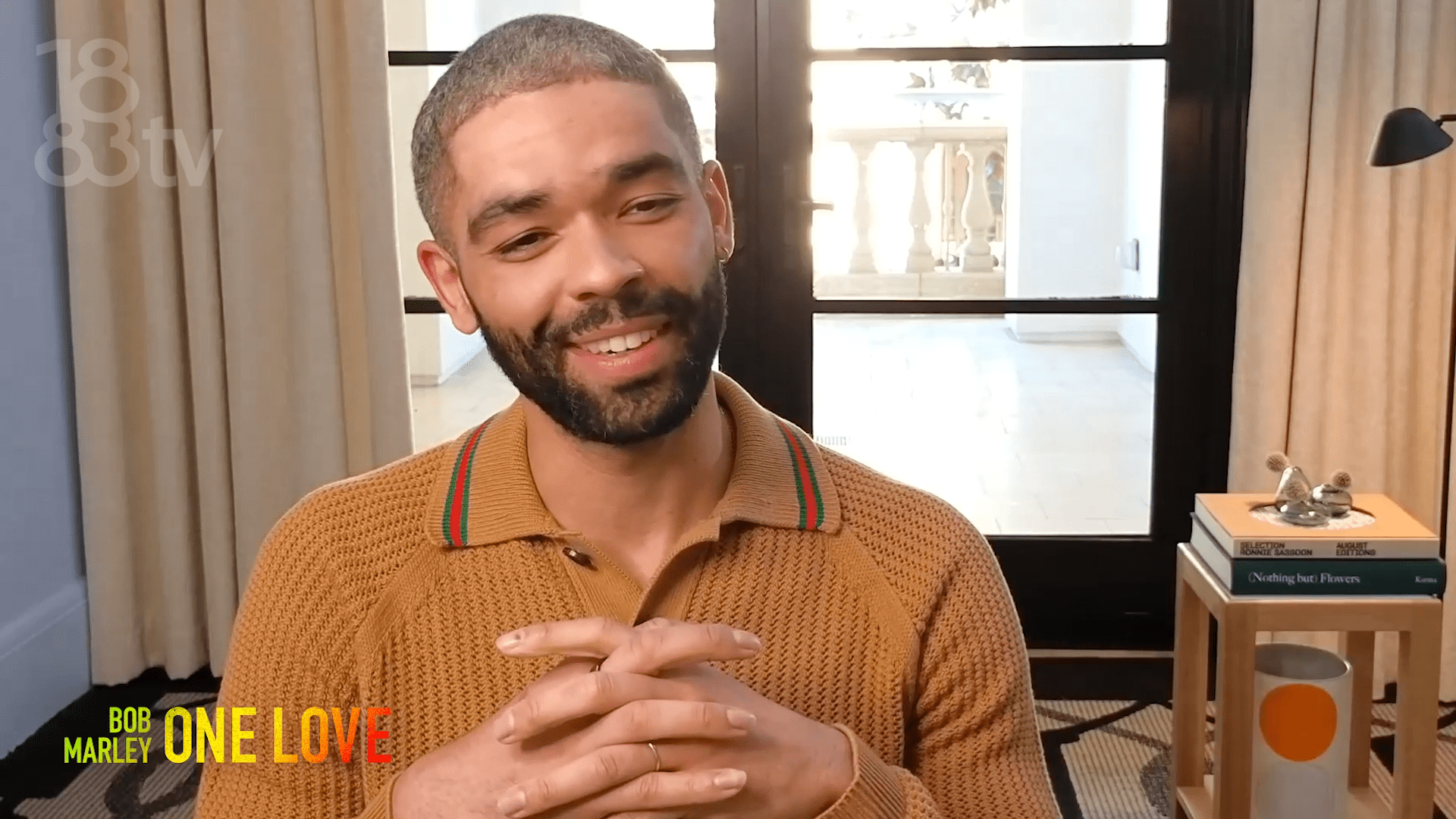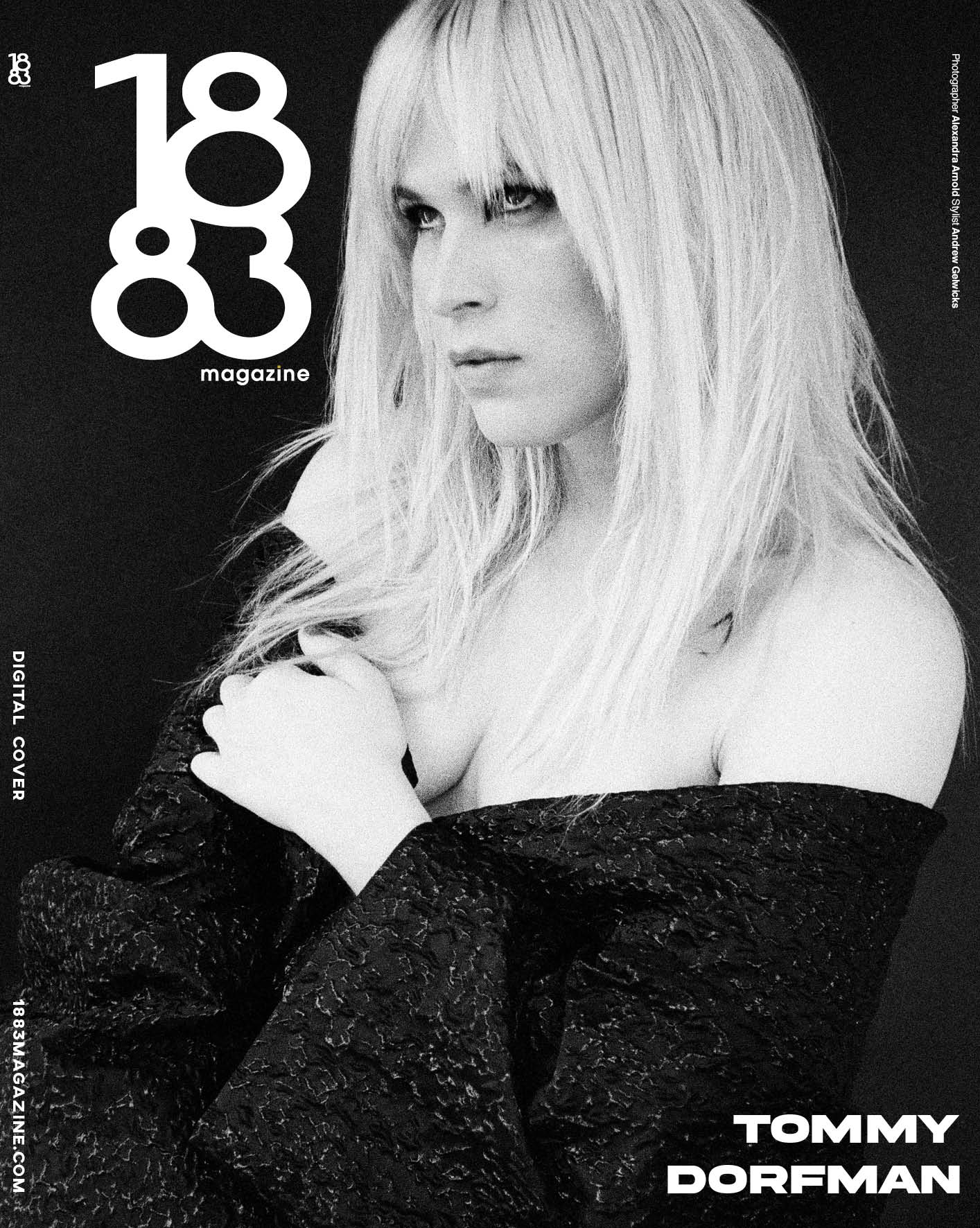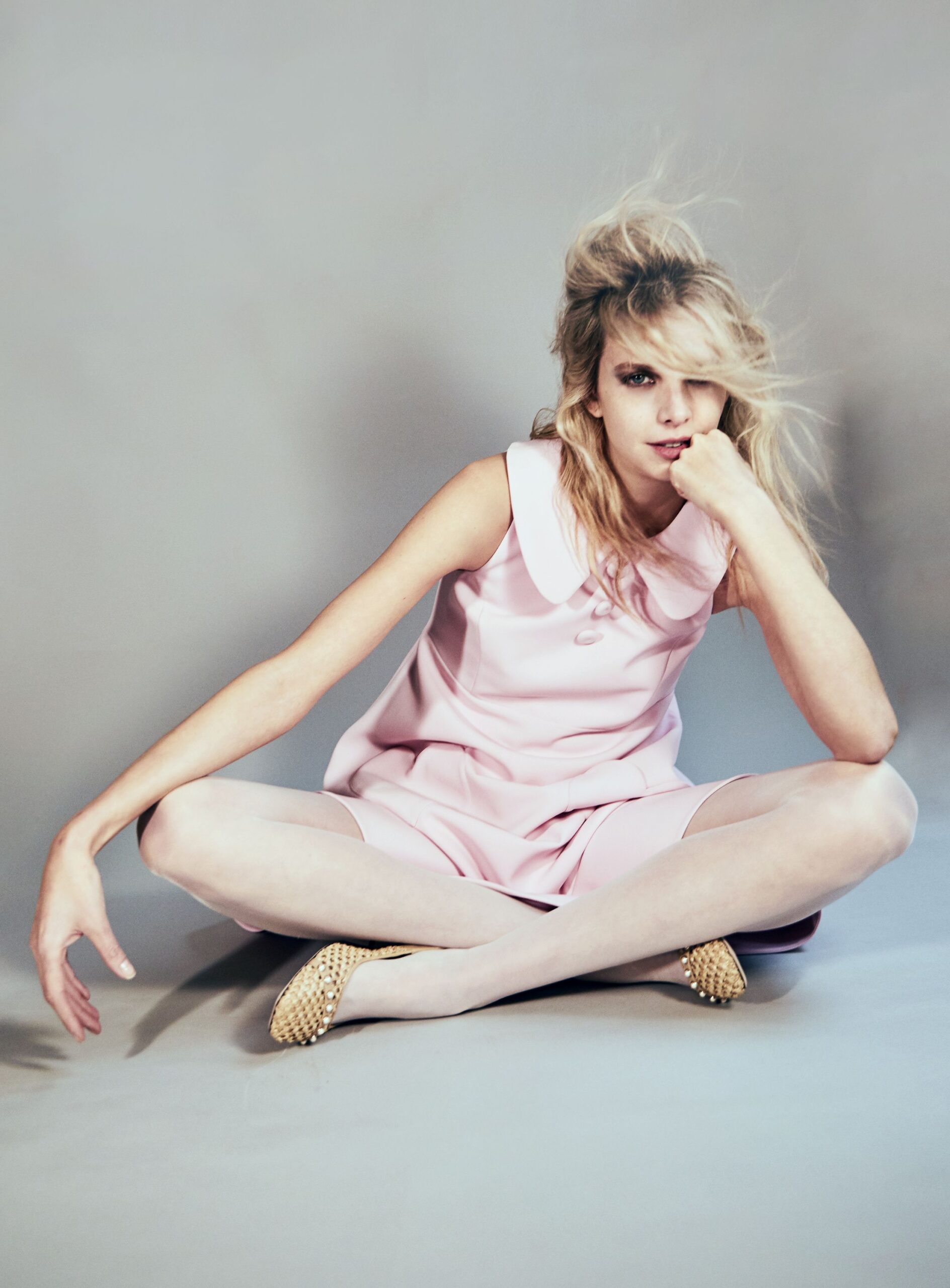
Greta Bellamacina
Actress Greta Bellamacina brings equal parts curiosity and creativity to every role — and her newest role in Venice At Dawn is no different.
There are not many actresses that can move across characters and screens so seamlessly, but Greta Bellamacina isn’t just any actress. Approaching every role with fresh eyes, Bellamacina makes viewers, through her performances, feel a sense of freedom. Blending her love of film and TV with her passion and talent for the written word, Bellamacina finds projects that speak to her soul — and if she can’t find the projects that fill a need, she creates and writes them herself. At the core, her films always explore themes that feel both universal and specifically personal, whether it be a love letter to female friendship in Hurt By Paradise or a quirky comedy of theft in her latest project, Venice At Dawn.
The independent comedy film Venice At Dawn follows two unsuspecting co-conspirators, Dixon and Sally, that find each other trying to steal a painting from Sally’s ex-boyfriend. Bellamacina portrays Sally who wants to set up a company to give pigeons and squirrels a “break” from the hustle and grind of life. Yes, you read that correctly — Sally wants to give a break to some forest friends. It’s quirks like that, in addition to the gaggle of characters that make up the cast, that makes Venice At Dawn both a joy to watch and a project that is just another film to showcase Bellamacina’s talent as an actress.
1883 Magazine’s Editor Kelsey Barnes chats with Greta Bellamacina about Venice At Dawn, her upcoming projects, favourite London jaunts, and more.
You started acting in 2005 and since then you’ve been in a lot of incredible projects, from indie films, to poetry-infused shorts like A Love Poem to San Francisco, to big streaming projects like The Essex Serpent. How would you say you’ve grown as an actress between then and now?
I’ve become closer to the quieter voices in my head. The ones that speak to you whilst you are thinking of what to say next. I’ve learnt that the poetry in cinema is the unspoken moments. They often become the unspoken truths of the film. So much of life is without dialogue, without explanation, it is often blowing in the wind, blowing into the horizon, into the sea. I think I’ve been trying to be in that place more and more. The quiet head place voice. I’ve always loved reading, I think acting is a similar thing. The voice in which you read the character in your head is the one you want to keep. The empathy in which you keep the character speaking is one you want to hold onto.
Your new project is Venice At Dawn. Can you tell us a bit about the film?
It’s a comedy, a modern indie version of a classic Ealing comedy theme. The plot follows two unlikely thieves my character Sally and Dixon, played by Fabien Frankel. Sally breaks up with her boyfriend Stephen (Tom Basden) because he refuses to sell a valuable painting he has inherited to fund her pretentious start-up idea. The painting is by the famous artist JPG Starkey and it’s called ‘Venice at Dawn’. Sally seduces Dixon in a bar and persuades him they will steal the painting, but they are overheard by some real thieves. The film becomes a sort of magpie scramble of genuine thieves and first time thieves and characters who get swept away in the chaos of it all.
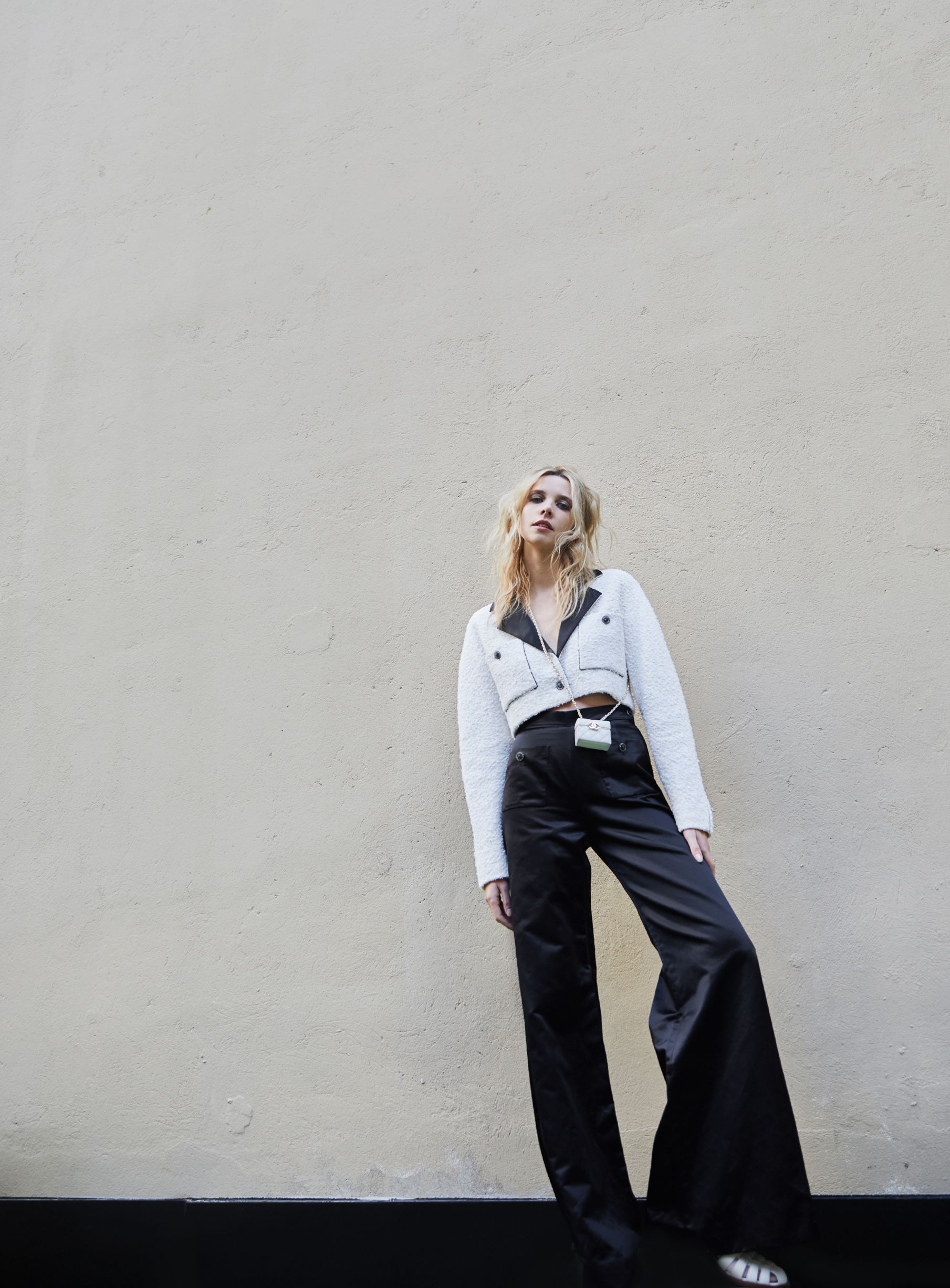
The film was, for the most part, semi-improvised. As an actress, was that something that excited you or was it something you found daunting?
The director Jamie Adams wrote a scriptment, somewhere between a treatment and a script, but more detailed character ideas and the story without dialogue and from there he worked with each actor to instil a sense of the motivation. The way Jamie shoots a film is very interesting he relies on what the actors come up with more than his script. This style of filmmaking forces you to forget that you are making a film and really pushes you to stay in character. There is something quite human about not knowing what the other actor is going to say. It keeps a level of realism to the situation. There is a feeling that the scene will never end, I think there is something interesting in that.
You play Sally, what initially attracted you to the character?
I liked the idea of playing a thief, someone dangerous and unexpected but also feminine and vulnerable. It was a lot of fun becoming this character. We wanted her to be complicated and unlikeable at times, almost masculine in her interpretation of the world. Very upfront and unashamed.
Was there anything that you did to flesh out Sally’s character? Did you read any specific books, make a playlist, etc?
I watched Cassavetes films, a lot of them have a similar sense of world to Venice At Dawn. A more real world where characters come in and out with out explanation. I love the Cassavetes film Opening Night, where Gena Rowlands lives between the stage and reality. There is definitely a similar structure to making a farce. You feel like you are you live between a real world and a made up world.
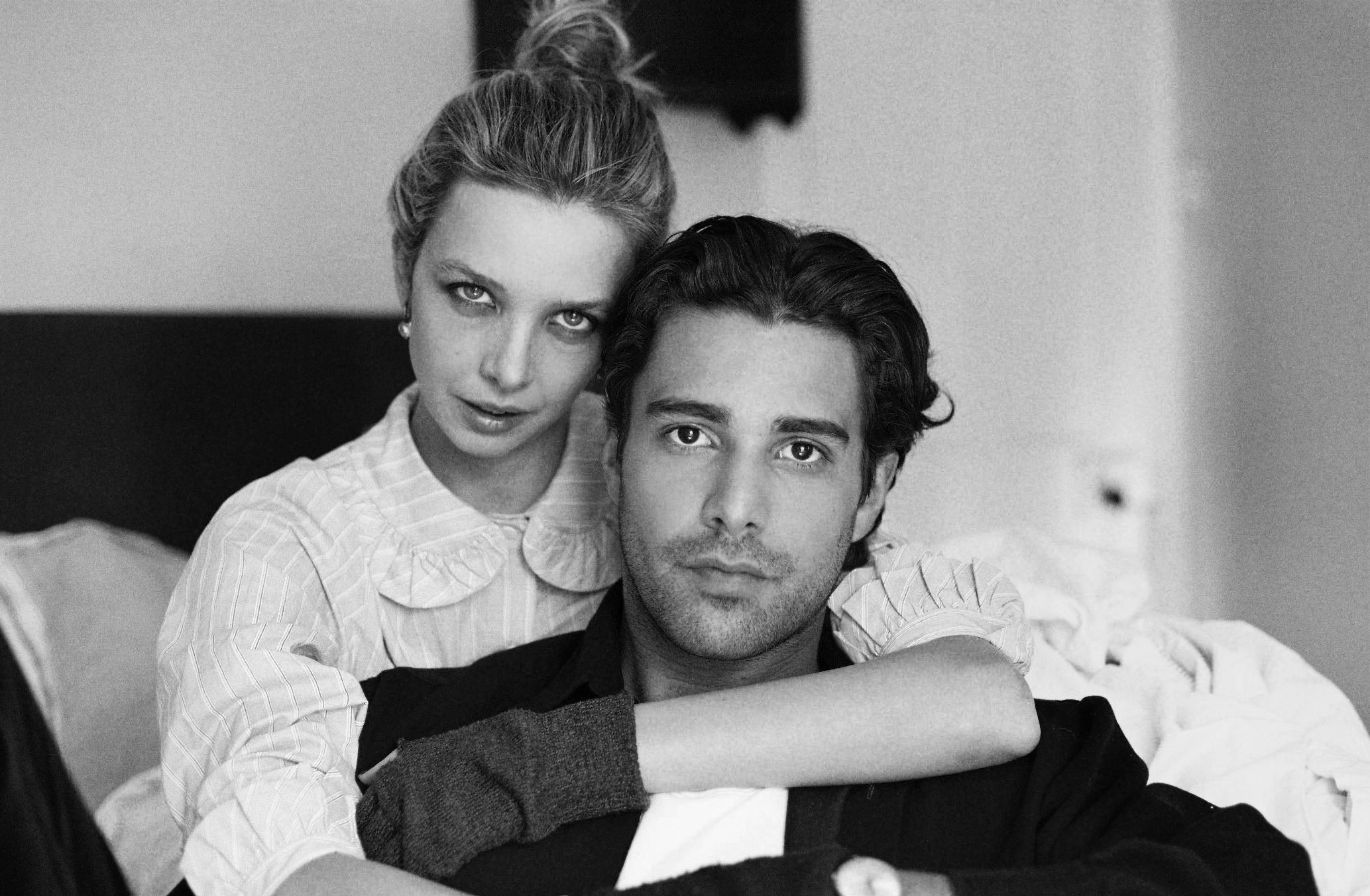
You worked with Michael Winterbottom in the past who is very much a lover of method acting. Is that something you embraced when playing Sally?
I play the character Cleo Watson in Michael’s new TV series This England, which comes out in September. I’ve always admired Michael’s work so it was a real joy to be on his set. With Sally I tried to us as much as my own experiences as possible to bring some pathos to her. I like the idea of wearing my costume home and then putting it on in the morning like the character. We did that with the costume department on Venice At Dawn. There is something very useful about doing everyday rituals as the character. Jamie kept asking me but what would Sally have for breakfast?
Do you find it difficult to turn ‘off’ your character once you’ve gone home and filming is done for the day?
I recently made a film in Rome with the Italian director Riccardo Vannucini called Commedia. I play a mental patient who dreams of being in a film. My character meets another patient at the hospital who she persuades to make the film with her. The film is told predominately through Pina Bausch inspired movement. A lot of her thought process is told through dance. I did find in the evenings it difficult to switch off because so much of being the character was about thinking one thing but doing another. I would look in the mirror and see someone else in my eyes.
In addition to being an actor, you also are a poet and you’ve released books! With acting, you receive a script with details of a character and you’re the vessel for them to live. With writing, it’s all you — your words, your experiences, your thoughts. Is that an interesting dynamic to play with as you work on both simultaneously?
Poetry is sometimes enlightening but most of the time painful and haunting. The immediate nature of poetry is urgent. Film is a lot longer process. I always loved Jeanette Winterston’s quote about poetry, “Poetry is for a hard life.” You have to need to write poetry, it is a disposition that never leaves you.
In an interview back in 2014 with Interview Magazine, you mentioned art creating culture — whether it’s through poetry, fashion, music, or film. It helps educate and influence one another which is the greatest type of teachings. What are some things — books, albums, films, and the like — that have inspired, educated, or influenced you as of late?
I love Joanna Hogg films, especially The Souvenir I and II. My film Hurt By Paradise was in nomination for the Michael Powell award at Edinburgh Film Festival alongside The Souvenir. I saw the preview of the film at the festival and was very moved. Joanna has such an honesty to her work, you really feel the hurt in her characters. She lets you into a private space, that is painful and filled with the broken spirit of life and love. I love Paula Rego’s painting especially Dog Woman. My husband Robert Montgomery’s poetry as well as poets like Lenoard Cohen, Ginsberg, Alice Oswald who have also reinvented everyday language which I deeply admire. Also Nick Cave, who I think is an operatic poet.
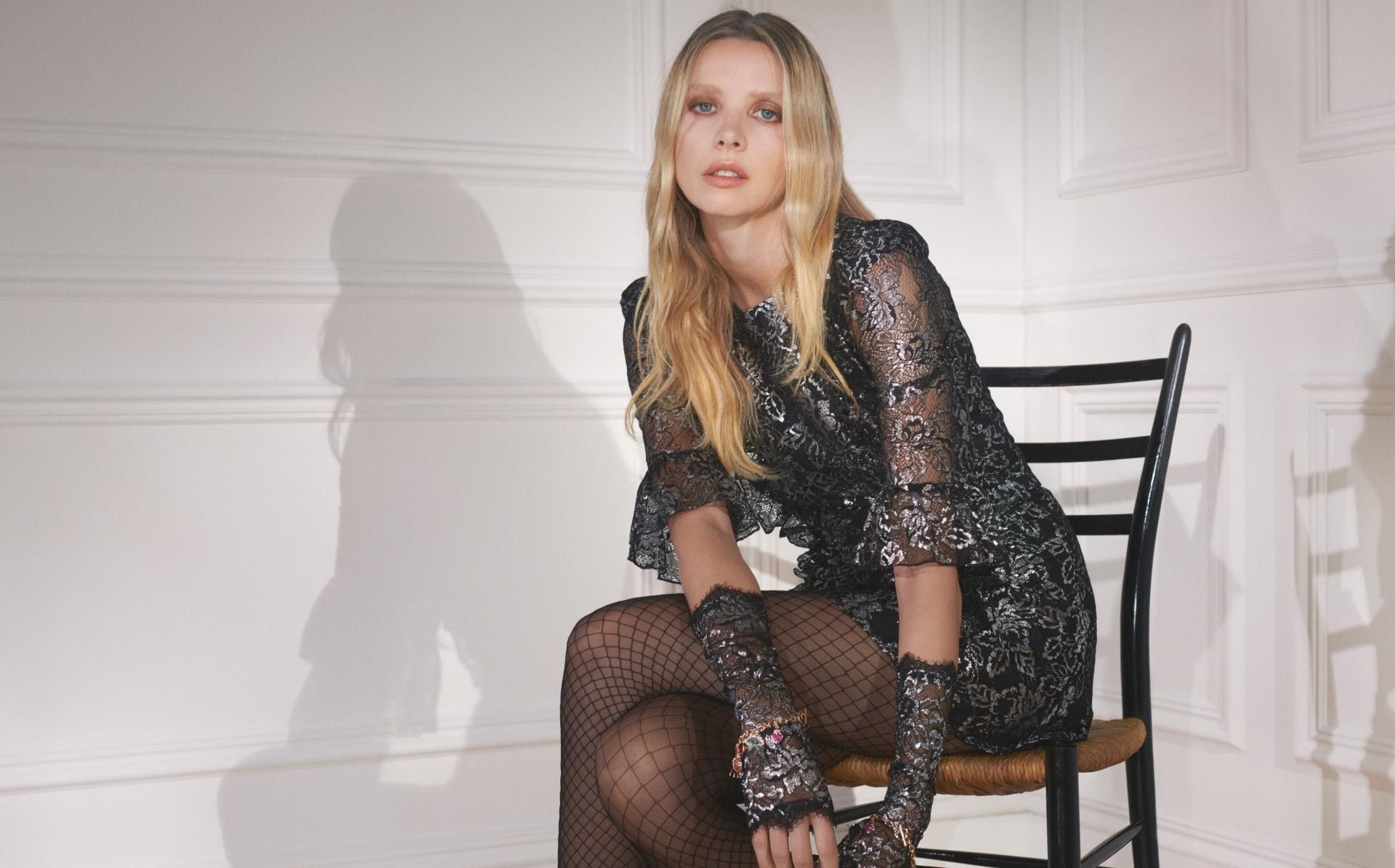
A few years ago you directed Hurt By Paradise which was a beautiful, thought-provoking film about a specific, original story of womanhood. Like with Venice At Dawn, it was filmed entirely in London. Do you think the city of London acts like its own character in films like these?
Yes, I think cities hold onto things like memories. Like people there is something very progressive about city life, it is ever evolving and turning and tossing. I wanted London to feel like a walking friend. The type which would always appear when you are alone in your head wandering through the city. A walking friend that looks at the magic within the everyday. So much of the poetry of London is in the quiet observation of communities and things that get washed up on the streets. My favourite feeling is sitting in a small private room, writing and listening to the other people living around the room. It’s like I have a crowd of people around me, but I don’t have to say hello. It’s that feeling of connectivity and abandonment together that I love. I wanted London to come across with that feeling in mind.
What are some of your favourite places in London?
I love the parks, graveyards and churches of London, especially the wilder ones like Hampstead Heath. As a teenager I hung out a lot after school in the Highgate cemetery. There is something very peaceful and alive and immediate about being in the tangle of broken words and dreams all set amongst stone and nature.
It was just announced that you’ll be starring in Tell That to the Winter Sea, which you also co-wrote the script for. I’m sure you can’t tell us too much about the project, but what was it like writing the script? The story sounds amazing.
I am really excited about this script. I co-wrote it with the incredible Emmy-award winning director Jacyln Bethany. She is based in Mississippi so I would start writing in the morning and then she woke up she would continue where I left off. Then we would have sessions where we would read the dialogue aloud and discuss ideas and then evolve the script that way. We wanted to make a very female story, which is rare. The film is a fully female cast. The story takes place around a hen party weekend, where two best friends reunite after a longtime. As the party unfolds we see the characters as teenagers, not just best friends but each others first loves, Amber Anderson is playing opposite me.
The initial story came from both of our shared love of dance. I am classically trained dancer and did ballet for many years. We were both really interested in bringing a similar dance narrative to the characters relationships to add an extra layer of unspoken intensity.

In a previous interview, you quoted the Rowland S Howard lyric ‘Nothing is sacred and nothing is true, unless I am here with you,’ and you mentioned that it’s a perfect description for creating. What are you looking forward to creating next?
I am really looking forward to shooting Tell That To The Winter Sea we start filming in a couple of weeks. My character Jo is also in the flashback scenes that at set in the early 2000s. I am really enjoying looking back at the older technology and getting into a more dreamy state of mind. Remembering the world as a teenager. I also have my new poetry collection Biography of The Wind in its final edit, that is something I am continuously working on.
Lastly, if you could manifest something for yourself this year, what would it be?
To stay open hearted. To find the characters that get left behind.
Venice At Dawn premieres at The Everyman Cinema on 30th of August.
Interview Kelsey Barnes




